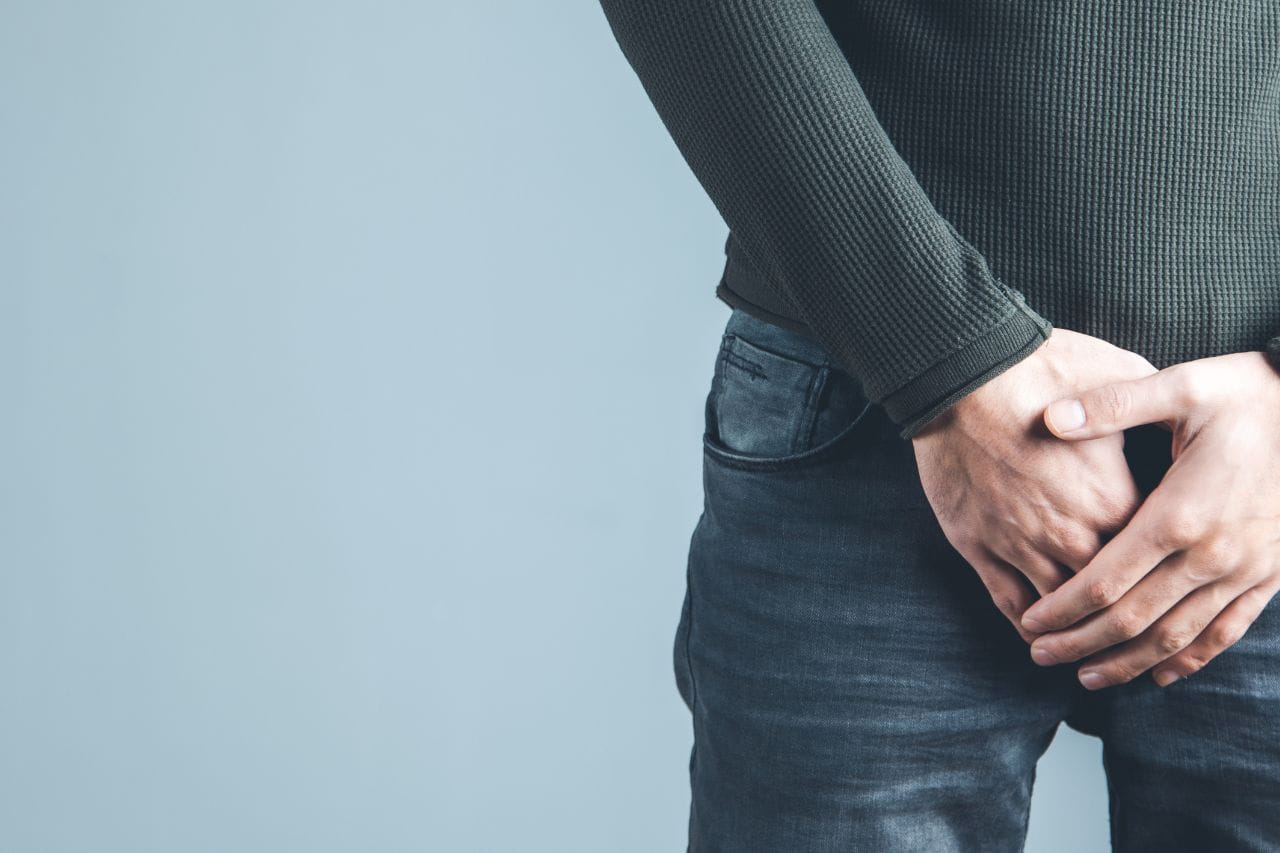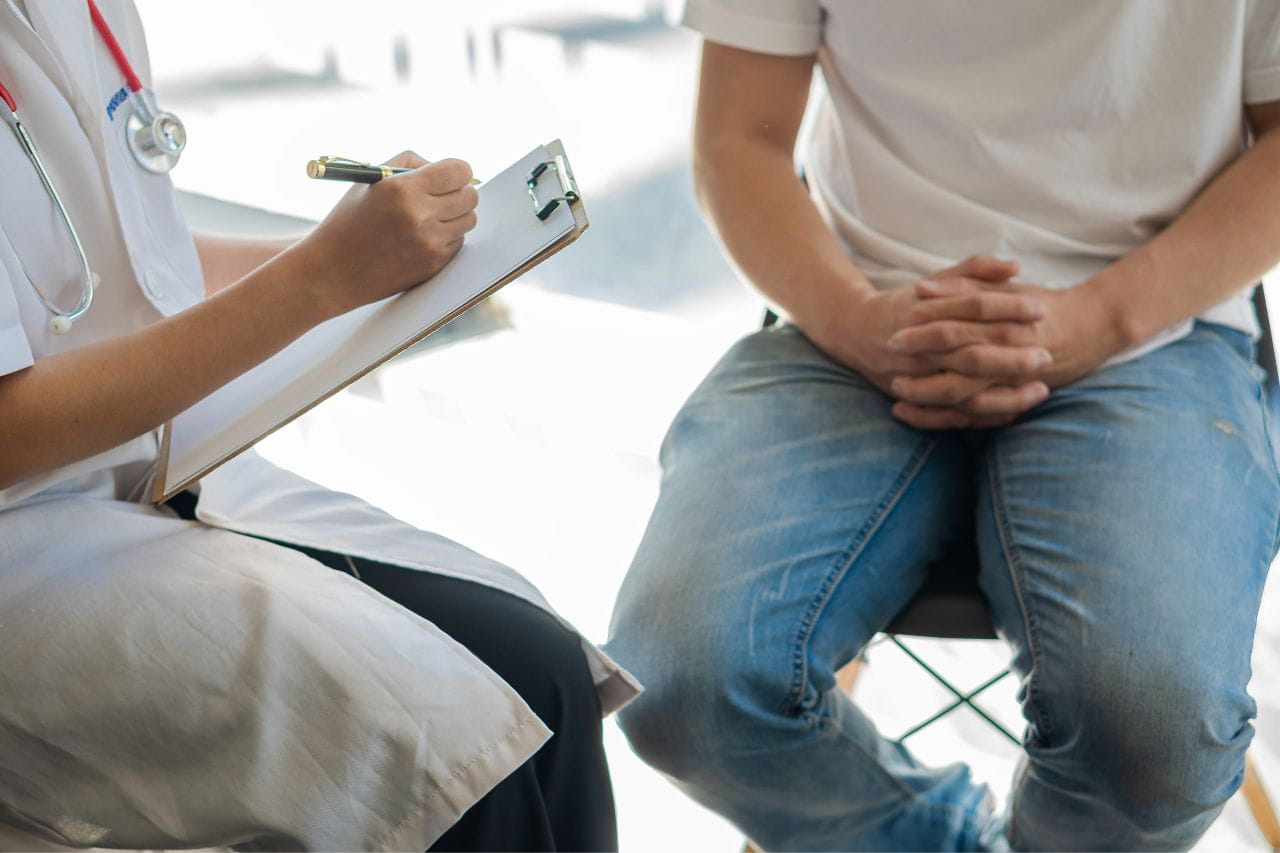Kidney Stones in the Toilet
.jpg?rev=6d0792d1415c49bb893f603bf9cef525)
Stages of Passing a Kidney Stone
Kidney stones are small, hard deposits that form in the kidneys. They typically contain calcium, salts, other minerals, and waste products filtered from the blood.
Often, there’s no known cause when someone develops kidney stones. However, it might increase your risk if you don’t drink enough fluids, have a diet high in protein, consume too much vitamin D, are obese, or have a metabolic disorder, inflammatory bowel disease, or gout.
The smallest kidney stones exit the body in urine without causing any symptoms. Larger ones can be painful to pass and may require medical intervention.
If you develop a kidney stone large enough to cause symptoms, you may experience some or all of these:
- Sharp pain in your side or back that comes in waves
- Pain in your lower abdomen and groin, usually on one side
- Pain that may change locations and vary in intensity
- Frequent need to urinate
- Urinating in small amounts or feeling like you’re not emptying your bladder completely
- Pain or burning sensation when urinating
- Red, pink, or brown urine indicating the presence of blood
- Cloudy urine
- Urine with a noticeable odor
- Nausea from intense pain
- Chills, fever, and vomiting if an infection develops
Symptoms occur as the kidney stone goes through four distinct stages:
- Stage 1: The kidney stone forms in a kidney. Stones develop when your urine is highly concentrated because you aren’t consuming enough fluids. Crystals form and materials attach to them. The formation of a kidney stone isn’t painful, but after it develops, your kidney may spasm to eliminate the stone, causing what might feel like you’ve strained back muscles. This can occur 1 to 4 times per hour until the stone exits the kidney.
- Stage 2: The stone leaves the kidney. A stone exits the kidney through a tube called a ureter, which connects to the bladder. Intense pain often comes in waves at this point as the ureter spasms to try to move the stone along.
- Stage 3: Bladder pressure increases. When the stone enters the bladder, the pain typically goes away. However, pressure in the bladder increases as the organ tries to expel the stone. As a result, you experience strong, frequent urges to urinate. In some instances, the stone reaches and blocks the entrance to the urethra, the tube through which urine exits the bladder and leaves the body.
- Stage 4: You expel the kidney stone. There is typically little or no pain in this stage. However, you may have to exert some pressure when urinating to force the stone out of your urethra and into the toilet.
When You Pass a Kidney Stone Can You See It in the Toilet?
You might be able to see a kidney stone in the toilet. If you do, the kidney stone might look small and like a tiny piece of gravel or a grain of sand. It is also possible that you will not notice very small kidney stones as they are often hard to spot.
What Color Are Kidney Stones in the Toilet?
Kidney stones are usually brown or yellowish in color. However, they can also appear in other shades depending on their composition. For example, stones made of calcium oxalate may be dark brown or black, while uric acid stones are more likely to be yellow or reddish-brown. Occasionally, kidney stones can be white if they are composed of calcium phosphate. The color can sometimes give a clue about the type of stone and its possible cause.
How Long Does Passing a Kidney Stone Take?
Size is the primary factor affecting how long it takes to pass a kidney stone. Stones smaller than 4 millimeters typically take around 30 days to exit the body. Those 4 to 6 mm generally pass in around 45 days. Kidney stones larger than 6 mm often require medical treatment or removal. If they pass on their own, it can take up to a year.
Talk With Your Baptist Health Doctor About Kidney Stones
If you experience kidney stone symptoms, be sure to tell your doctor. Most stones pass without significant issues. However, larger stones may require medical attention, such as medication, sound wave therapy, or endoscopic ureteroscopy (manual extraction). If you’re prone to kidney stones, your doctor can prescribe medication to reduce your risk.
Our online provider directory lists Baptist Health physicians if you need to find one.
Important note: An infected kidney stone (causing a high fever, chills, or vomiting) or one that completely blocks the urinary tract is a medical emergency requiring immediate assistance.



